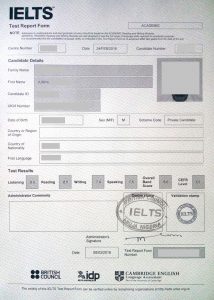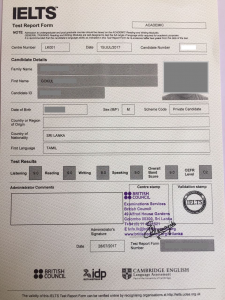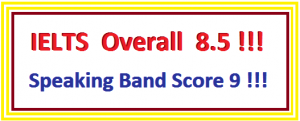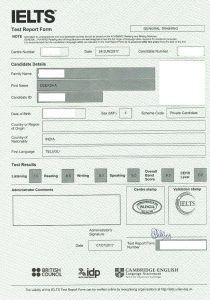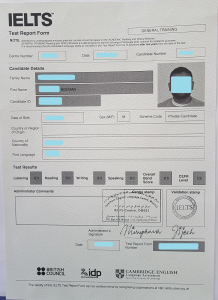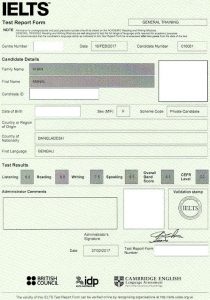Andrew’s IELTS Results
Overall IELTS Band Score 8.5
- Listening: 8.5
- Reading: 8.5
- Writing: 7
- Speaking: 9

“On one side I was confident of my abilities but as it was my first attempt on such a test, I had a lot of jitters. Though I was disappointed about my score in writing, I was more than happy about the other modules. All credit goes to you and your amazing blog.” Andrew
Andrew’s Band 9 IELTS Speaking Tips
1 Calming yourself
Right before the speaking test one tends to get tense and nervous, this if unchecked could lead to stammering, loss of words and a general discontinuation of speech. To overcome this I simply took deep breaths, for about five minutes till the examiner called me, to calm my nerves.

